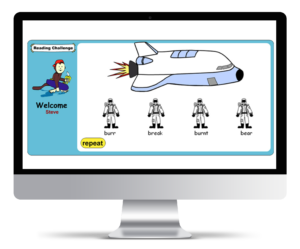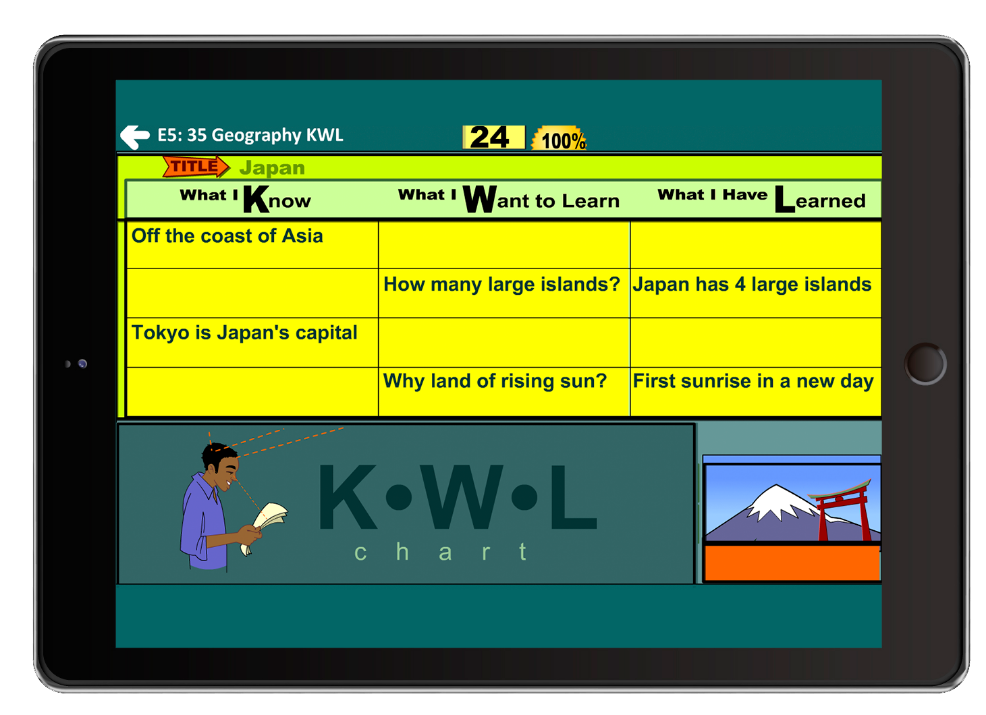In the pursuit of providing the best educational experience for their children, many families are veering away from traditional classrooms. The desire for personalized learning experiences and individualized attention has become a driving force in this shift. Parents increasingly feel that the one-size-fits-all approach may not cater to their child’s unique learning style, pace, or interests. As a result, homeschooling and online learning have emerged as viable alternatives that empower parents to tailor the curriculum to suit their child’s specific needs. Explore the transformative power of personalized learning and how it fosters a deeper understanding and appreciation for education.
Understanding the Need for Personalized Learning
No two children are exactly alike, and their learning journeys shouldn’t be either. Every child possesses distinct strengths, weaknesses, and passions that influence how they absorb and process information. Traditional classrooms may struggle to accommodate the diverse needs of students, leading to disengagement and limited academic growth for some. Personalized learning addresses this by acknowledging and embracing individual differences, ultimately empowering students to reach their full potential.

Tailoring the Curriculum to Individual Needs
In personalized learning environments like homeschooling and online education, parents have the freedom to customize the curriculum based on their child’s strengths, interests, and preferred learning methods. This flexibility allows students to delve deeper into subjects they are passionate about, making learning a more enjoyable and meaningful experience. Moreover, by focusing on areas that need improvement, students can progress at their own pace without feeling rushed or left behind. Education is not a one-size-fits-all endeavor; each student is unique, with diverse learning styles, interests, and abilities. Recognizing this, educators and parents are increasingly embracing the concept of tailoring the curriculum to meet individual needs. By personalizing the learning experience, we can create an educational environment that empowers students to thrive academically, emotionally, and socially. In a traditional classroom, students with different academic abilities are often taught at the same pace. However, tailoring the curriculum allows for differentiation based on each student’s academic level. Advanced learners can be challenged with more complex tasks, while those who require extra support can receive the attention they need to catch up and succeed.
Building Confidence and Independence
Building confidence and independence in child learning is a transformative process that lays the groundwork for a lifetime of growth and self-discovery. As educators and parents, our role is to create a nurturing and supportive environment where children feel safe to explore, take risks, and express themselves freely. By acknowledging their efforts and celebrating even the smallest achievements, we instill a belief in their capabilities and worth. Encouraging children to make decisions and take ownership of their learning journey fosters a sense of autonomy, empowering them to set goals and work towards achieving them. As they overcome challenges and embrace new experiences, children develop resilience and a willingness to tackle obstacles with determination. Building confidence and independence in child learning not only enhances their academic progress but also cultivates a love for learning and a curiosity to explore the world around them with confidence and enthusiasm.
Creating a Supportive Learning Environment
Personalized learning often occurs in more intimate settings, whether at home or in virtual classrooms with smaller student groups. This setup allows for stronger teacher-student relationships and a supportive community. Students receive more individualized attention, which enables educators to identify their strengths and challenges better, fostering a deeper understanding of each child’s unique needs. Creating a supportive learning environment in personalized learning is essential to unlocking the full potential of each student’s educational journey. In personalized learning settings, where the curriculum is tailored to meet individual needs, it becomes even more critical to foster a sense of belonging and encouragement. Students need to feel that their interests, strengths, and challenges are acknowledged and valued. Educators play a crucial role in this process by establishing strong relationships with their students, providing personalized feedback, and guiding them on their learning path. Empowering students to take ownership of their education and make choices regarding their learning fosters a sense of autonomy and independence. Additionally, promoting collaboration and open communication among students enables them to support one another and learn from their peers. A supportive learning environment in personalized learning not only enhances academic achievement but also nurtures students’ self-confidence, curiosity, and passion for learning, empowering them to become engaged, lifelong learners.
Encouraging Critical Thinking and Creativity
In personalized learning, the focus shifts from memorization to understanding concepts on a deeper level. Students are encouraged to ask questions, think critically, and apply their knowledge creatively. This approach cultivates problem-solving skills, innovation, and the ability to see the world from multiple perspectives. Encouraging critical thinking and creativity in personalized learning is at the core of empowering students to become innovative problem solvers and independent thinkers. In personalized learning environments, where students have the freedom to explore their interests and passions, educators can nurture these essential skills. By posing thought-provoking questions, challenging assumptions, and encouraging students to analyze information from various perspectives, critical thinking is honed. Moreover, personalized learning allows students to delve deeper into topics they are passionate about, fostering creativity and originality in their work. Educators can incorporate project-based learning, open-ended assignments, and real-world problem-solving tasks to stimulate creative thinking. By embracing these approaches, personalized learning cultivates a generation of students who are not only knowledgeable but also capable of approaching challenges with innovative and imaginative solutions, preparing them to thrive in an ever-changing world.

Personalized ELA Instruction
Drive reading success with adaptive, personalized instruction that is online and engaging.
In a personalized learning environment, children are no longer confined by rigid timelines or a one-size-fits-all curriculum. Instead, they have the flexibility to delve deeply into subjects they are passionate about, taking the time to explore and understand the material thoroughly. This not only enhances their academic achievement but also nurtures a genuine love for learning. As children take ownership of their education and actively engage with topics that spark their curiosity, they become active participants in their learning journey. As families increasingly explore alternative educational options, the desire for personalized learning experiences and individualized attention has taken center stage. Homeschooling and online learning offer a transformative educational journey where parents can tailor the curriculum to suit their child’s specific needs. By embracing personalized learning, we empower students to grow into confident, self-directed learners who have a genuine love for education. As we continue to evolve our educational practices, let us recognize the value of personalized learning in unlocking the full potential of every child’s learning experience.
Personalized learning instills valuable life skills in children. By setting their learning goals, managing their time, and taking responsibility for their progress, students develop essential attributes such as self-discipline, time management, and adaptability. As they encounter challenges, they learn the resilience to persevere and the resourcefulness to seek solutions independently.
The benefits of personalized learning extend beyond academic excellence; it also nurtures the emotional well-being of students. When children feel seen, heard, and understood in their learning environment, their self-esteem flourishes, and they become more confident in expressing their ideas and opinions. This supportive atmosphere encourages open communication and trust between students and educators, creating a positive and enriching learning experience.



Leave A Comment